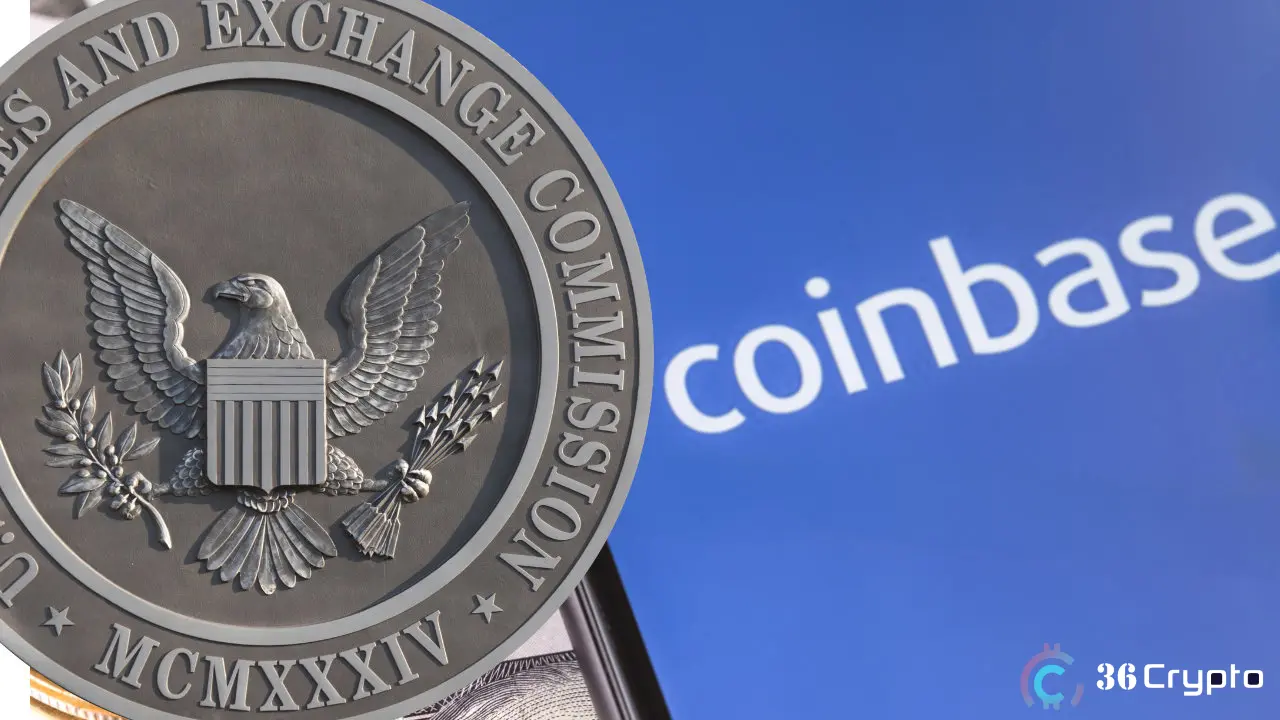Coinbase is taking a major step toward merging traditional finance with blockchain technology by seeking approval from the U.S. Securities and Exchange Commission to list tokenized stocks. These security tokens are structured to function like conventional equities but are designed for faster settlements, greater transparency, and easier global access.
The action was taken after a major legal milestone by the company, as the SEC withdrew its complaint in February 2025, which had alleged that Coinbase was operating as an unregistered broker.
Also Read: Ripple CTO Reveals Why Stablecoins Could Actually Boost XRP’s Global Role
With this case behind it, Coinbase can now move with momentum to produce regulated products to support a blockchain-based commercial banking system. To show its commitment to compliance, the exchange has provided the SEC with a new proposed set of rules known as the “Blockchain Token Securities Law Framework.”
According to crypto commentator MartyParty, the SEC rejected earlier efforts to introduce security tokens in 2019, but market conditions have since shifted.
Institutional support for tokenized finance is rising, and regulators are increasingly open to structured discussions with major industry players. To tap and exploit the potential of Security Token Offerings, Coinbase is currently collaborating directly with the SEC’s crypto task force.
Expansion in Europe and Strengthening of Business Services
In parallel with its U.S. efforts, Coinbase is expanding its presence in Europe. The company is in the final stages of obtaining a MiCA license, which would allow it to offer services throughout the European Union.
CEO Brian Armstrong has cited Luxembourg as a strategic base point within European company operations recently because of its regulatory consistency and innovation climate. Coinbase Business is another product the company is eyeing, targeting small and medium-sized companies.
This offering provides stablecoin APIs and platform integration with partners like Shopify, enabling consumers to make seamless dollar-based payments and rewards systems.
Armstrong observed that stablecoins were becoming one of the speediest and most affordable methods of moving money around the world. Coinbase is also developing its payment strategy, which introduces an open protocol called X402.
This scheme seeks to reintroduce the seldom-used web code 402 Payment Required, which enables micro-transactions of digital material and services without the need to set up user accounts or subscriptions.
Coinbase is positioning itself at the intersection of finance and blockchain with its push for tokenized stocks and expanded global services. The company’s legal clarity, regulatory engagement, and product innovation reflect a broader ambition to lead the transition into on-chain financial markets.
Also Read: Market Dips Stir Investor Uncertainty as Bitcoin and Major Altcoins Turn Red
